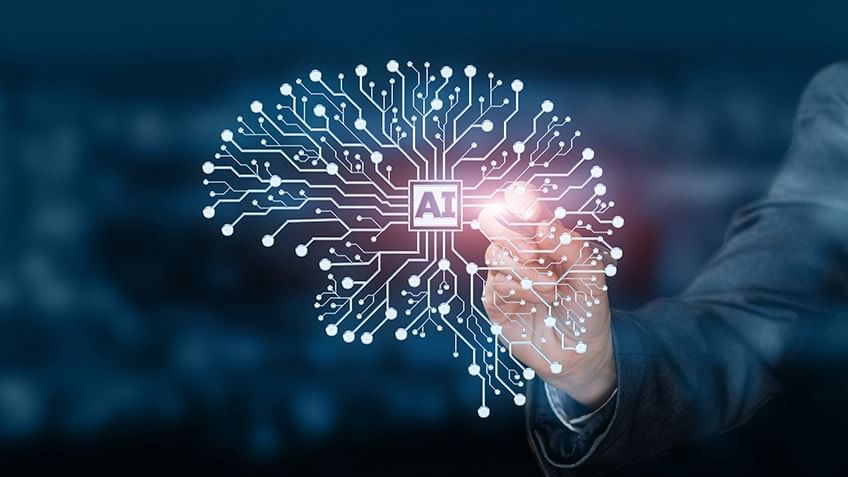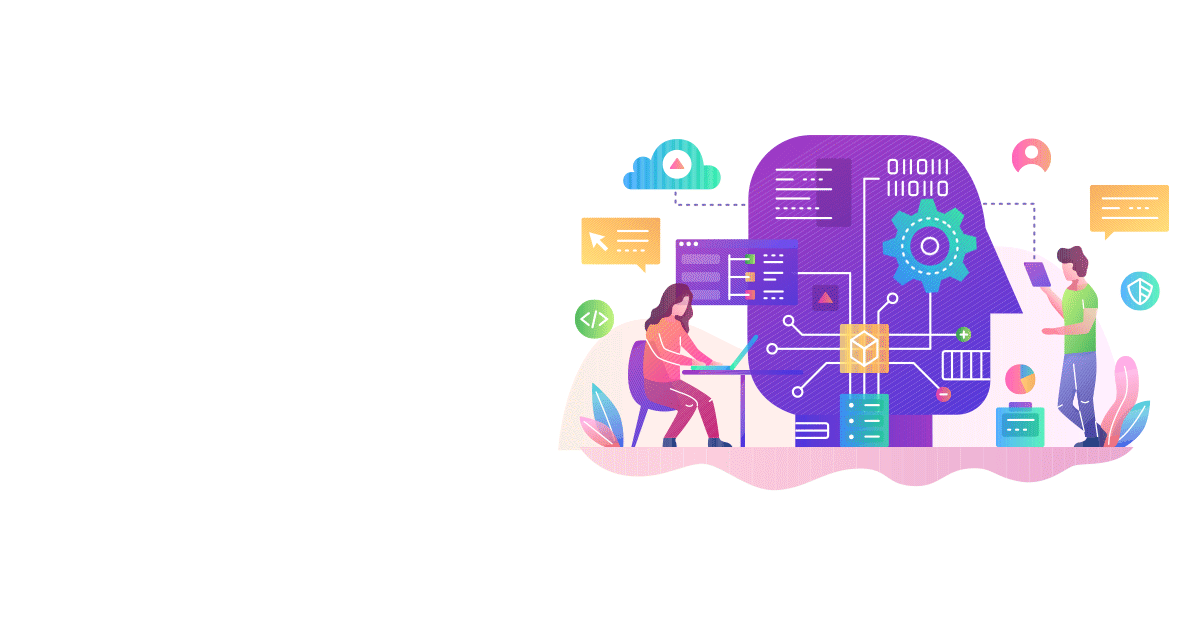Exploring the Power of Artificial Intelligence
In this post, I'll delve into the world of Artificial Intelligence (AI) and its various applications. I'll provide an overview of AI, its impact on different industries, and its future potential.
Getting to know Artificial Intelligence
Artificial intelligence is the simulation of human intelligence in machines that are programmed to think, learn and solve problems like humans. It covers various subfields including machine learning, natural language processing, computer vision, and more.
Artificial intelligence has become indispensable in several areas. It supports,among other things: virtual assistants, autonomous vehicles, recommendation systems and fraud detection algorithms. Its ability to process massive amounts of data and generate valuable insights has made a critical difference to businesses and society as a whole.
What is Artificial Intelligence used for?
Artificial intelligence is transforming healthcare by improving diagnosis, predicting disease progression and contributing to drug development. It enables doctors to make data-driven decisions, resulting in more accurate diagnoses and personalized treatment plans.
In the financial sector, artificial intelligence is used for fraud detection, algorithmic trading, credit scoring and customer service chatbots. By analyzing patterns and trends in financial data, AI systems can make informed predictions and help improve financial operations.
The transportation industry has implemented artificial intelligence in autonomous vehicles, traffic optimization, and predictive maintenance.Self-driving cars are being developed to increase safety, reduce traffic congestion and provide convenient transportation options.
AI-powered chatbots and virtual assistants have revolutionized customer service by providing quick and accurate answers to questions. Natural language processing (NLP) techniques enable these AI systems to effectively understand and respond to human language.
Upcoming Trends and Innovations in Artificial Intelligence
The integration of artificial intelligence and internet of things can enable the smart home, predictive maintenance in industry and efficient energy management. Combining artificial intelligence and internet of things creates a connected ecosystem where devices can learn, adapt and make intelligent decisions.
Artificial intelligence enhances augmented reality and virtual reality experiences by enabling real-time object detection, tracking and interaction. Artificial intelligence algorithms can understand the user's environment and provide contextually relevant information or virtual objects in augmented reality and virtual reality environments.
The combination of quantum computing and artificial intelligence has the potential to revolutionize various areas.The computational power of quantum computing can accelerate artificial intelligence training, optimize algorithms, and solve complex optimization problems, opening up new opportunities in arificial intelligence research and applications.


Comments
Post a Comment